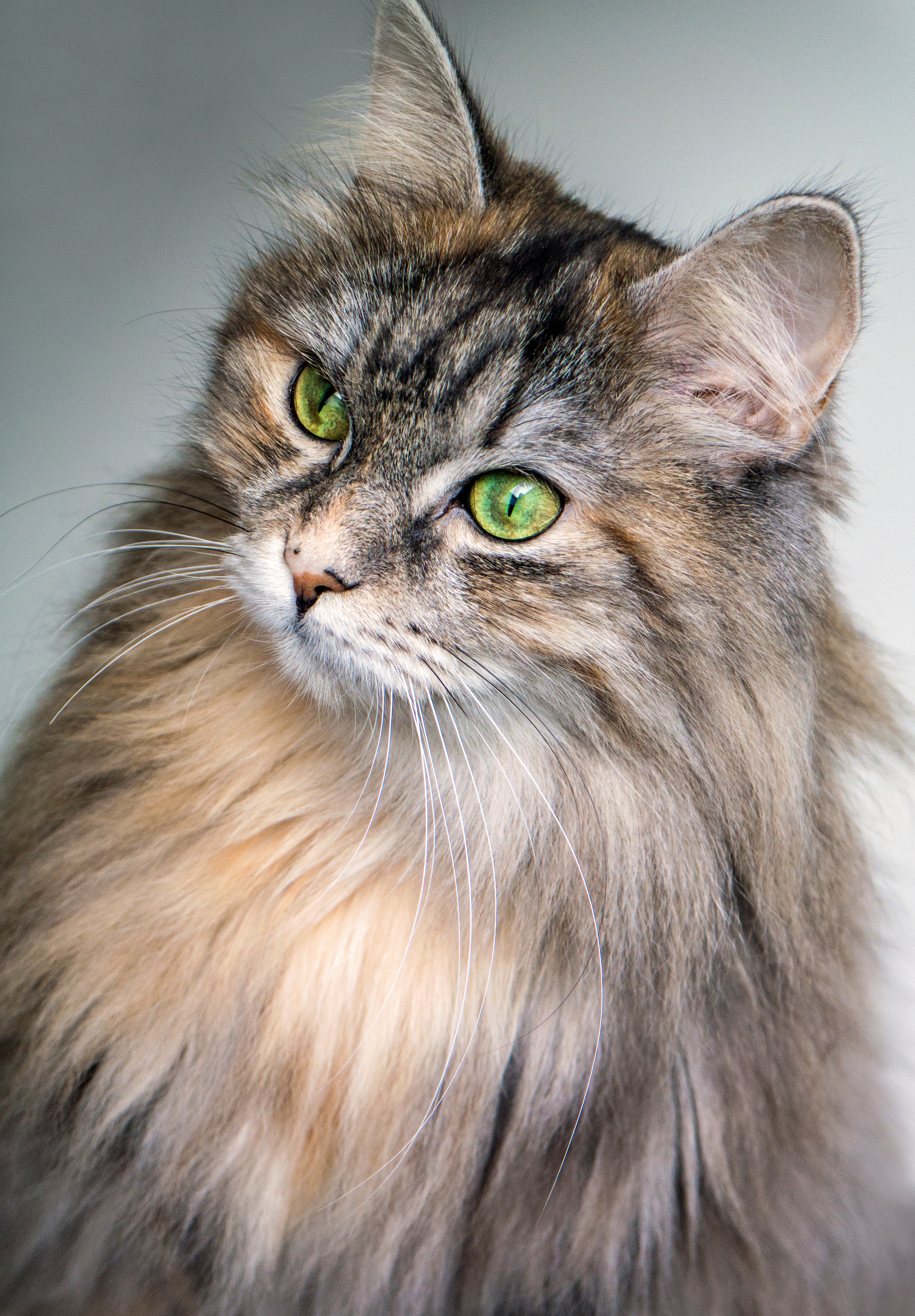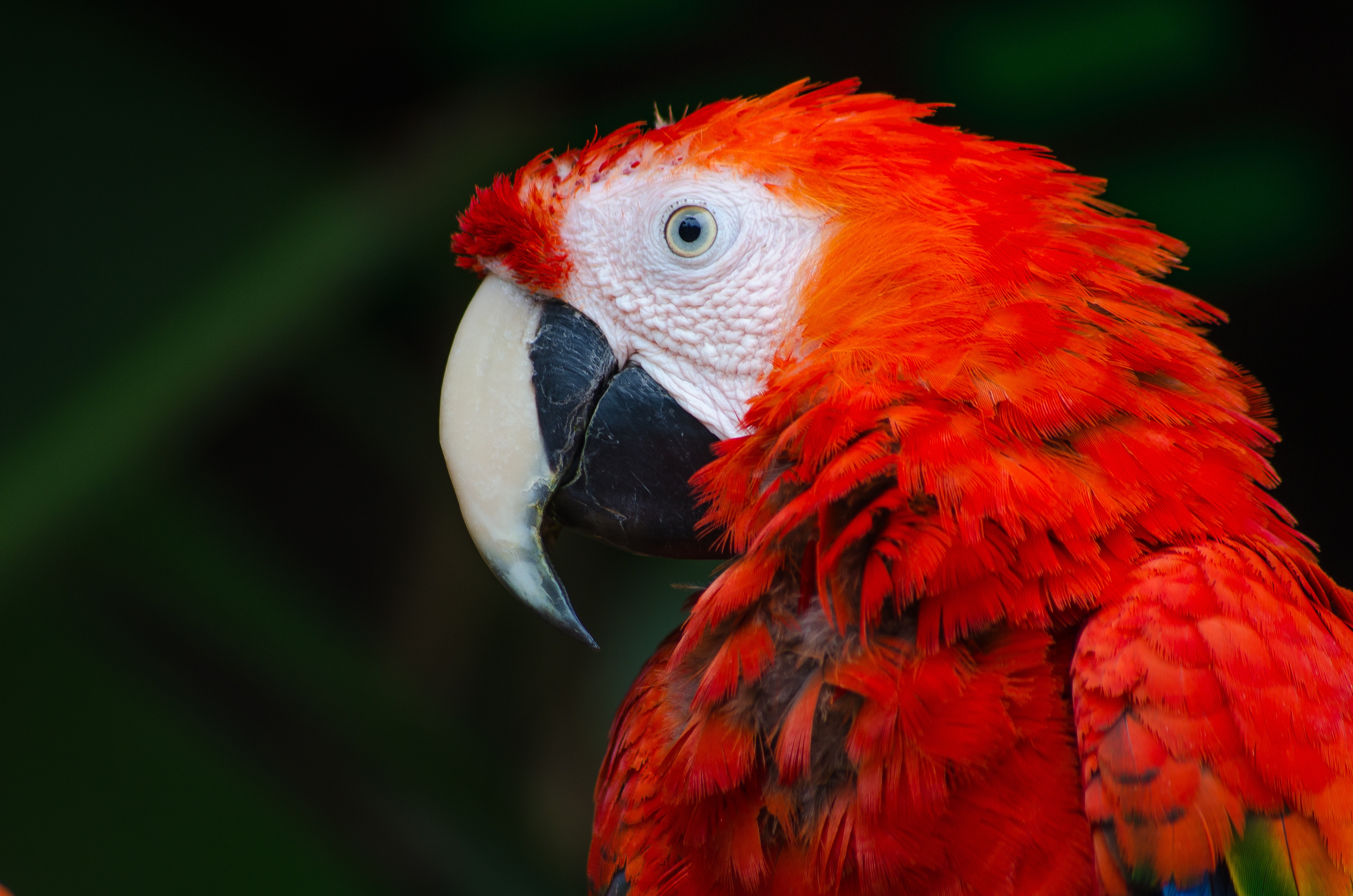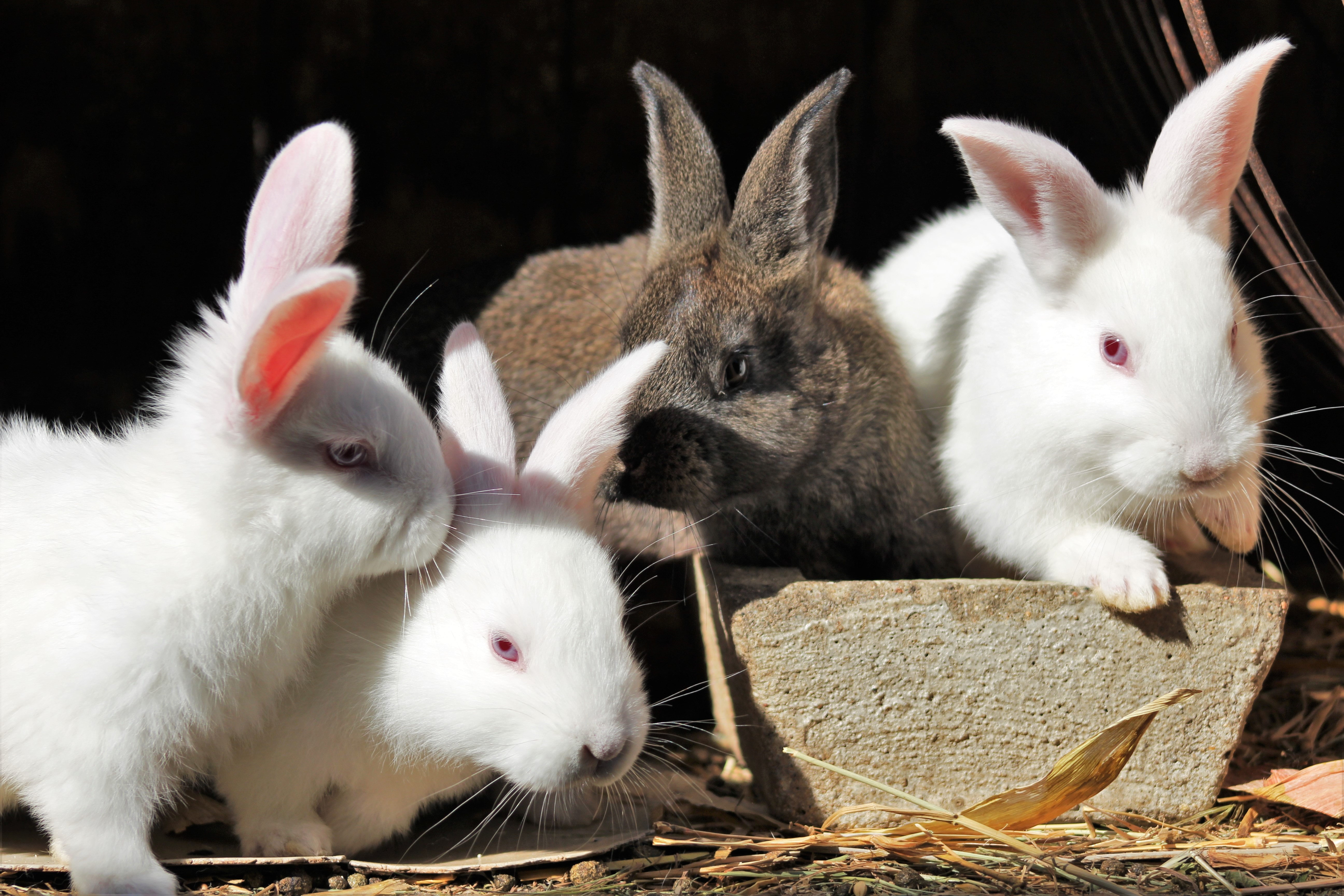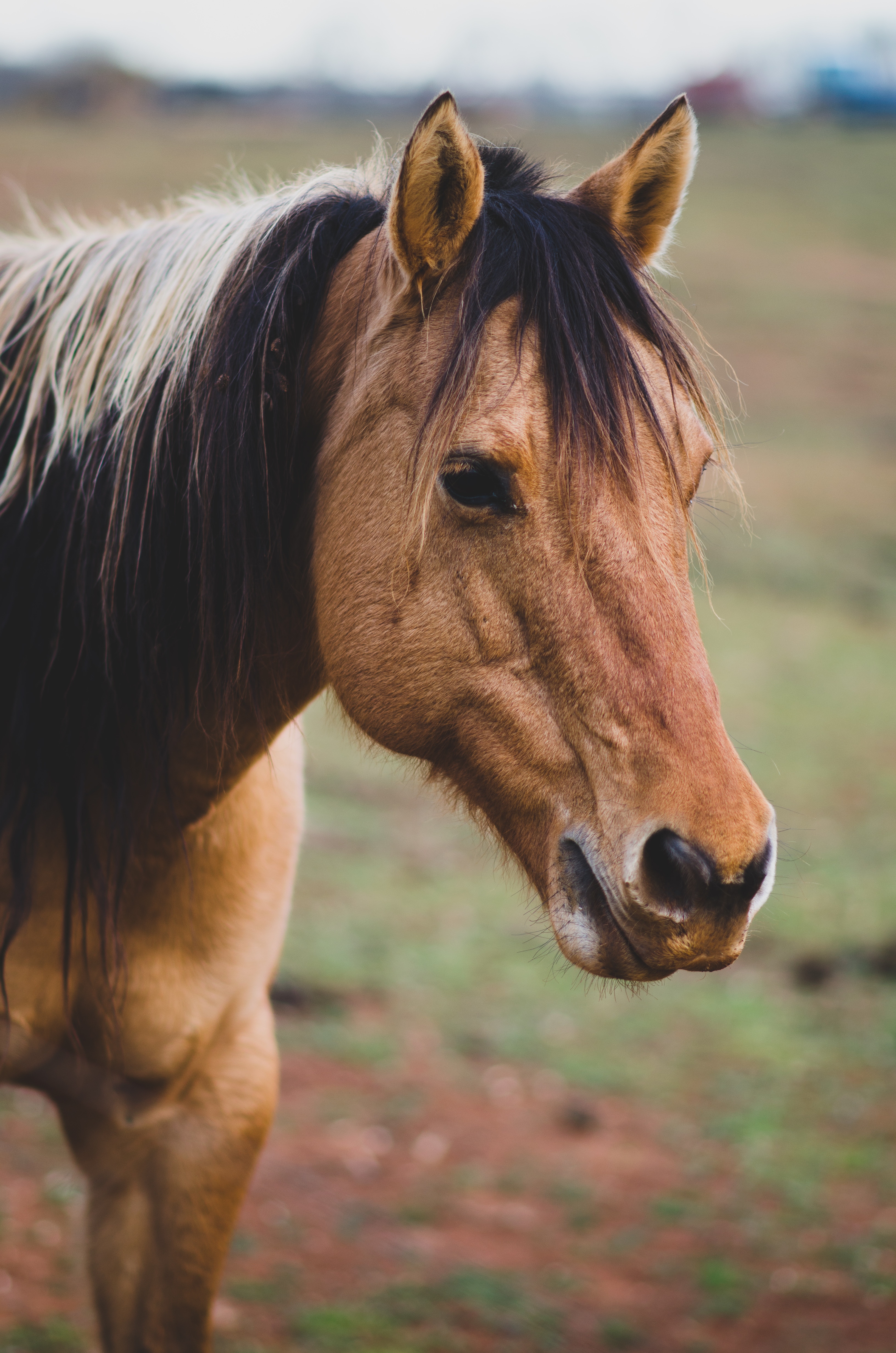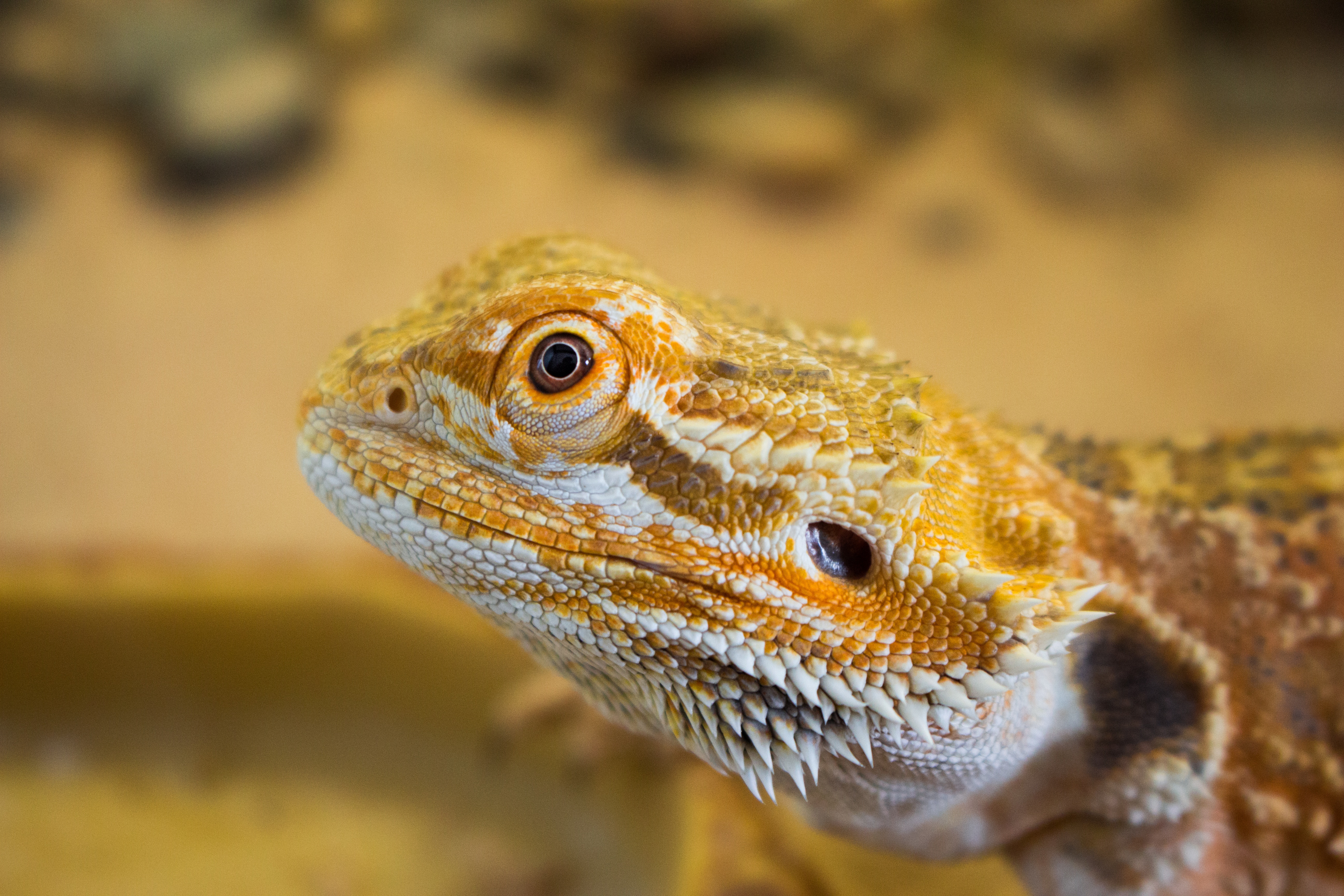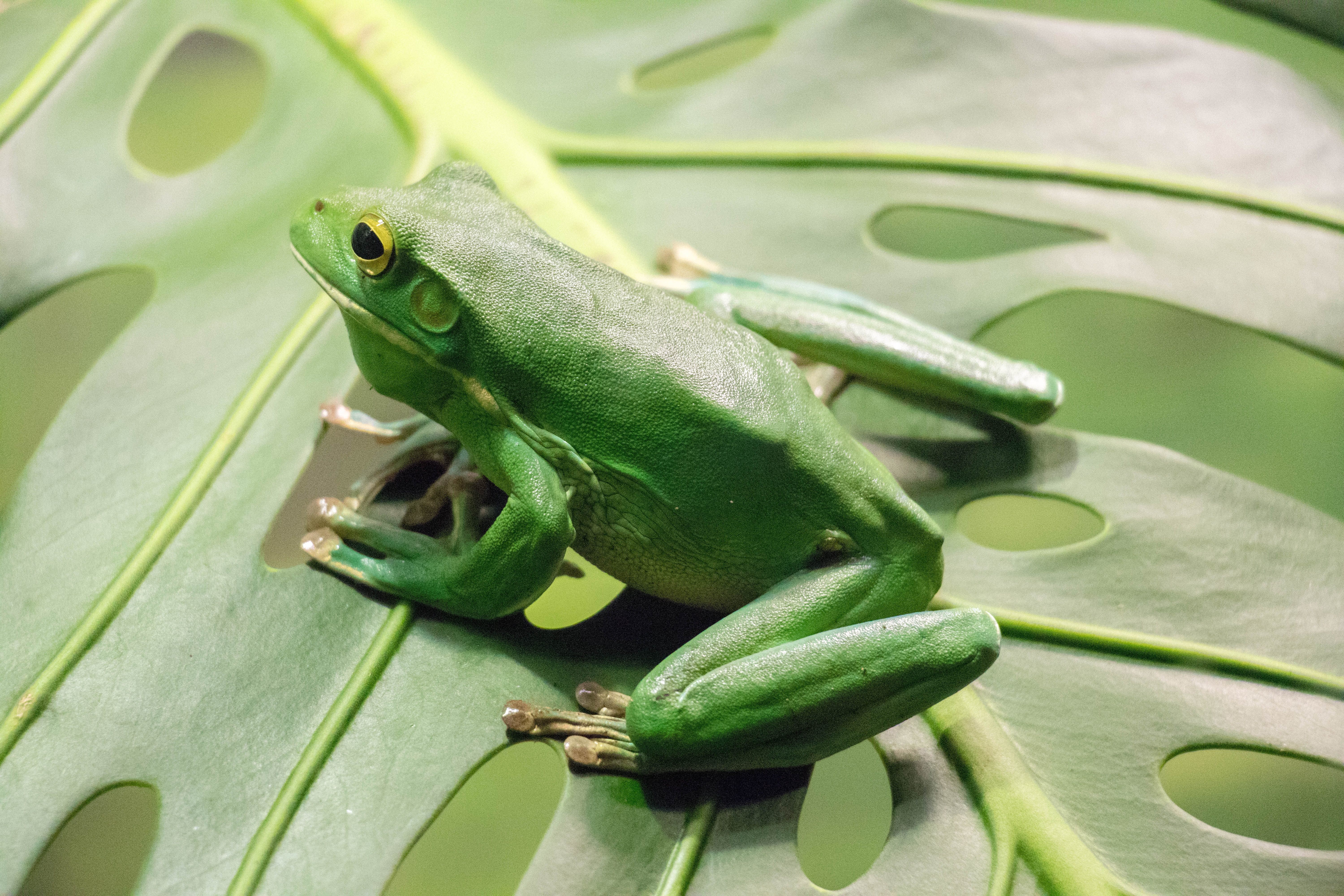Environment
A suitable living environment
Diet
A suitable diet
Behaviour
To be able to behave normally
Companionship
To have appropriate companionship
Health
To be protected from pain, suffering, injury and disease
1
Environment
A suitable living environment
2
Diet
A suitable diet
3
Behaviour
To be able to behave normally
4
Companionship
To have appropriate companionship
5
Health
To be protected from pain, suffering, injury and disease
Check before you buy
Before getting a kitten or cat, speak to your local veterinary practice or rescue/rehoming centre who will be able to advise you on whether getting a kitten or a cat is the right decision for your household
Research before you buy or adopt
Different cats have different individual requirements, which may vary greatly depending on their age, temperament, and breed. Be sure the cat you are interested in is suitable for your lifestyle and environment.
If you decide to adopt a cat, the adoption costs can include a full veterinary and behavioural assessment, microchipping, initial vaccinations, identification tag and a starter pack of food
In most cases your cat will also have been neutered or have an appointment arranged to do so. These costs represent a significant saving on the fees you could pay should you buy a cat from elsewhere.
If you do decide to get a kitten or a cat, please consider contacting your local animal rescue/rehoming centre
There are thousands of loving cats all over the UK who are waiting for a home. Visit http://www.adch.org.uk/membership/current-members/ to find your local rescue centre.
Research the person (breeder) you are buying from
For more information on what to check before you contact the breeder, when you contact them and then when you visit them, visit https://getyourpetsafely.campaign.gov.uk/
Make sure you get a healthy cat
Always ask for a copy of its medical records, including vaccination certificate and records of worming and flea treatment. Ensure that registration papers, the parents’ hereditary disease screening certificates and microchip documentation are in order.
Buying a kitten
It is now law that anyone wanting to get a new kitten in England, Scotland or Wales must now buy direct from a breeder, or consider adopting from a rescue centre instead. You should see the kitten with its mother where it was bred and check that the facilities are clean and the litter appears alert and healthy. A kitten should be sociable and alert with bright eyes and no visible health problems. You should be able to handle the kittens freely under supervision. Don’t buy a kitten that is less than 8 weeks old.
Currently in Scotland anyone breeding three or more litters of kittens a year must be licensed by the Local Authority
If you have any concerns about a breeder you can and should report them to the Local Authority they are based in.
If the cat is over 4 months old, check if it has been neutered
Kittens can get pregnant from 4 months of age. Related cats will mate if not neutered. Neutering can reduce the urge for cats to fight and roam. It can also help alleviate some less desirable behaviours, such as smelly spraying. It is not beneficial for a cat to have a season or just one litter.
Ask where the cat came from
If your chosen cat does not originate from the place of purchase, ask about where it did come from, and try to obtain its previous history.
Ideally all cats would be allowed access to outdoors to express their natural behaviour
In built-up areas, there can be a large number of cats, each with a dwindling territory size and many people are choosing to keep their cats inside. In addition, it is recommended that some cats are kept indoors for their own benefit. If cats are kept solely indoors, some additional considerations for their home are recommended. Visit http://www.cats.org.uk/uploads/documents/cat-care-leaflets-2013/EG12_Indoor_and_outdoor_cats.pdf for further advice.
If you already have one or more cats think carefully before getting another
Cats are naturally solitary animals, which means they usually prefer to live alone. If one of your cats has recently died hold off getting another as a “friend”, at least until your existing cat has adjusted, as it may be happier by itself. If you do decide to introduce a new cat to another seek advice from a vet or animal welfare charity on how to do it gradually in a way that minimises the risks of either cat(s) suffering from stress/stress related illness.
Microchip your kitten or cat as this provides a safe and permanent method of identification
This will increase the chance of returning a cat if they go missing or being able to identify a cat if they suffer from an accident.
Consider insuring your kitten or cat in case of the need for expensive and potentially life-saving veterinary treatment
There are many different sorts of insurance available, so do your research to get the most appropriate one for your pet.
Common Scams
Sellers offering to post on medical or pedigree paperwork to you after you have left
Sellers offering to meet you ‘halfway’ to save you a journey. They probably just don’t want you to know where they live!
Sellers advertising “pedigree” cats with no evidence that the cat is registered with a Governing body (such as registration papers)
Sellers claim that the kitten must be sold that day as they (the seller) are going away on holiday or for a family emergency. This is a tactic to put pressure on the buyer
Many kittens are advertised as “pedigree crosses”
For example, Persian cross and Ragdoll cross. These kittens are usually more expensive than a ‘moggy’ (non-purebred) and less expensive than a pedigree/purebred (a pedigree is purebred or crossbreed cat which is registered with a Governing Body and the ancestry is recorded). One parent of the kitten may or may not be a purebred/pedigree but due to the kittens mixed parentage the kittens are “moggies” (non purebred).


